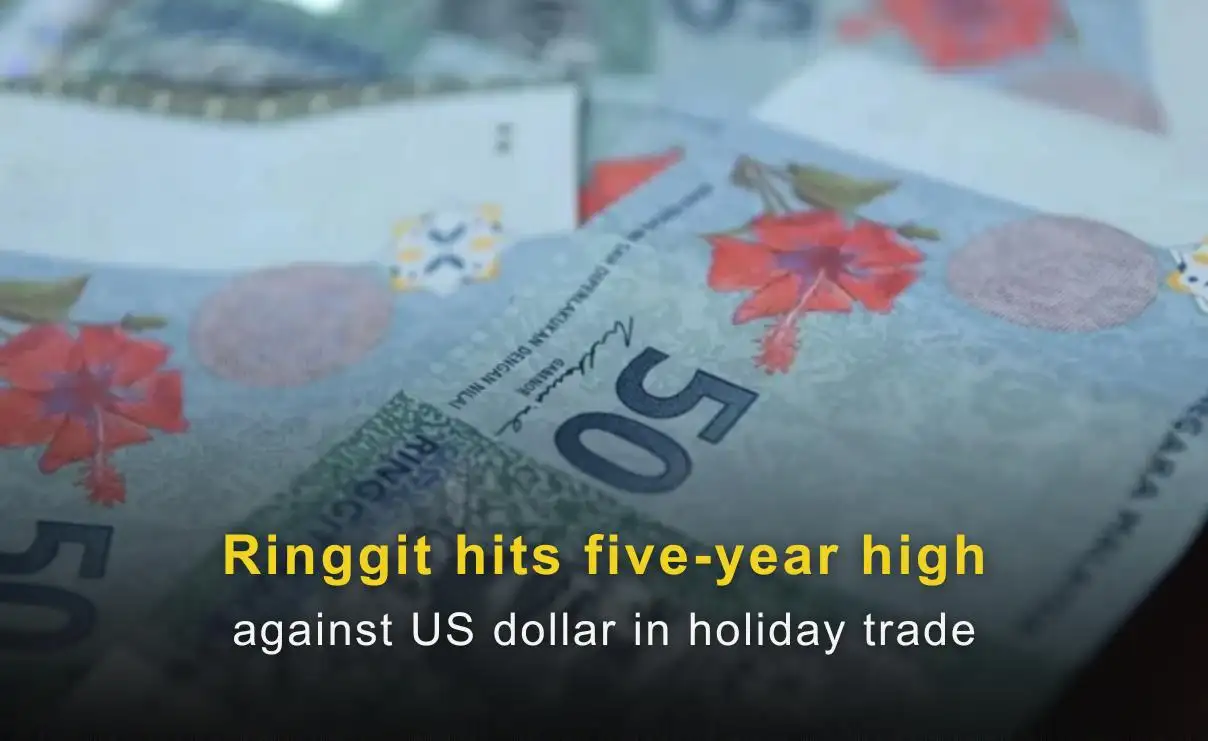Abstract:A Contract for Difference (CFD) is a derivative instrument that enables traders to speculate on the price movements of various financial assets without owning the underlying asset itself. CFDs are commonly used in forex trading to take advantage of currency pair fluctuations

By: Chime Amara

Introduction
In the dynamic world of financial markets, forex trading stands as one of the most prominent investment opportunities. As investors seek to capitalize on fluctuations in currency pairs, various financial instruments have emerged to facilitate trading. Among these instruments, Contract for Difference (CFD) has gained significant popularity due to its unique characteristics and potential for both short-term and long-term trading strategies. In this article, we will delve into the world of CFDs in forex trading, exploring their definition, mechanics, advantages, and considerations for traders.
What is a CFD?
A Contract for Difference (CFD) is a derivative instrument that enables traders to speculate on the price movements of various financial assets without owning the underlying asset itself. CFDs are commonly used in forex trading to take advantage of currency pair fluctuations. When trading forex CFDs, investors agree with a broker to exchange the difference in the value of a currency pair between the opening and closing of a trade.
Mechanics of Forex CFDs
To understand the mechanics of forex CFDs, let's consider an example. Suppose a trader believes that the euro (EUR) will appreciate against the US dollar (USD). They open a long (buy) position on the EUR/USD currency pair through a forex CFD. If the EUR/USD exchange rate rises as anticipated, the trader will earn a profit equivalent to the difference between the opening and closing prices multiplied by the contract size.
On the other hand, if the trader's prediction is incorrect, and the EUR/USD exchange rate declines, they will incur a loss. In CFD trading, losses can exceed the initial investment, and traders must be cautious and implement risk management strategies to mitigate potential losses.
Advantages of Forex CFD Trading
Leverage: One of the significant advantages of forex CFD trading is the availability of leverage. Leverage allows traders to control larger positions with a smaller amount of capital, amplifying potential returns. However, it's crucial to note that leverage also magnifies potential losses, and traders should exercise caution and employ appropriate risk management techniques.
Diverse Trading Opportunities: Forex CFDs offer access to a vast range of currency pairs, allowing traders to diversify their portfolios and take advantage of various market conditions. With CFDs, traders can participate in both rising and falling markets, profiting from both upward and downward price movements.
Liquidity: The forex market is highly liquid, with significant trading volumes and continuous market hours. This high liquidity ensures that traders can enter and exit positions quickly, minimizing the risk of slippage and enhancing trading efficiency.
No Ownership or Physical Delivery: Unlike traditional forex trading, where investors physically buy and sell currencies, forex CFDs do not involve ownership of the underlying asset. Traders can profit from price movements without the need for physical delivery, simplifying the trading process.
Considerations for Forex CFD Traders
Market Volatility: Forex markets can be highly volatile, and trading CFDs amplifies this volatility. Traders must carefully analyze market conditions and implement risk management strategies to protect against sudden price swings.
Risk Management: Due to the potential for significant losses, risk management is crucial in forex CFD trading. Traders should set clear risk limits, use stop-loss orders, and employ proper position-sizing techniques to protect their capital.
Regulatory Environment: Forex CFD trading is subject to regulations in various jurisdictions. Traders must ensure that they operate with reputable brokers who are regulated by relevant authorities to safeguard their investments.
Trading Costs: Traders should be aware of the costs associated with forex CFD trading, such as spreads, commissions, and overnight financing charges. These costs can impact overall profitability, and traders should consider them when evaluating potential trades.
Education and Research: Successful forex CFD trading requires a solid understanding of market dynamics, technical analysis, and fundamental factors that influence currency pair movements. Traders should invest time in educating themselves, staying updated with market news, and conducting thorough research before executing trades.
Platform and Broker Selection: Choosing a reliable trading platform and a reputable broker is paramount in forex CFD trading. Traders should consider factors such as platform functionality, security, customer support, available trading instruments, and competitive pricing when selecting a broker.
Conclusion
CFDs have revolutionized the way traders approach forex trading, offering flexibility, leverage, and diverse trading opportunities. Forex CFDs provide access to the dynamic and liquid forex market without the need for physical ownership of currencies. However, it is essential to acknowledge the risks associated with leveraged trading and the importance of implementing effective risk management strategies.











